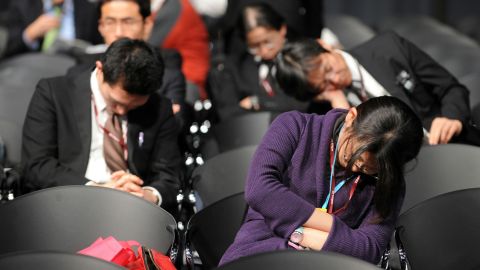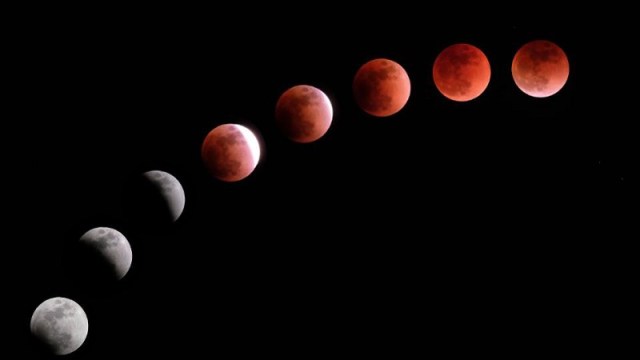Sleep deprived? This study finds you shouldn’t be asking for advice

We all know that being sleep deprived is terrible for us. It can cause weight gain, depression, fatigue, confusion, higher blood pressure, a slew of other terrible symptoms, and most of us just don’t feel as good when we haven’t gotten enough sleep.
While the fact that we don’t make our best decisions while sleep deprived is common knowledge, a group of European psychologists has delved into how sleep deprivation affects our ability to correct for this fact. Particularly, how we respond to advice. In a study published in Nature, they show that we might all want to get a few more hours of sleep in before we make a major decision.
The experiment
The experiment was designed to determine both how badly people’s cognitive abilities were affected on a quantitative task by sleep deprivation and to determine how willing they would be to take advice of both high and dubious quality.
The participants in the study were randomly sorted into one of two groups of sleep deprivation levels, either they would get a full night’s sleep or be told to stay up for 24 hours straight, and then into another group to see if they would be given an expert advisor or a passable one. The subjects who were placed into the sleep deprivation group were observed all night to assure they didn’t cheat.
The subjects would then be asked to rate their current level of sluggishness before answering questions about the distances between European cities. They were given two cities and asked to estimate the distance between them.
After guessing, they were offered the chance to hear from an adviser who would provide their guess of how far apart the cities were. Of the two advisors, one of them was rated “highly competent” and the other “medium competent” regarding their estimates. The competency of the advisor was known to the test subject when they received the advice. The subjects were then able to change their guess from before based on the information they were given if they felt like it.
The results
As you might expect, the sleep-deprived subjects were worse at estimating the distances between cities than their well-rested peers. As the authors hypothesized, they also took more advice as a result of their awareness of how poorly they were functioning.
But, in an interesting turn, the sleep-deprived subjects didn’t seem to mind when they knew the advice was only of medium quality. While both groups of test subjects were inclined to alter their estimates when given an expert opinion at a similar rate, the sleep-deprived subjects took the advice of the so-so advisor at a higher rate than the well-rested ones despite knowing that the advice was of lackluster quality.
These findings are supported by previous studies that show people are aware of their reduced cognitive ability caused by sleep deprivation and suffer reduced self-confidence as a result. The authors speculate that both factors played into these results.
What can I learn from this?
When you’re sleep deprived, you’re more likely to take advice. While this can be good when you’re presented with a competent advisor, it worryingly also means that you’re more likely to take lower quality advice even if you know the source is unreliable.
The authors also mention how very many major decisions are made by sleep-deprived leaders taking advice right before a deadline. If this study is correct, a lot of the modern world just started to make a lot more sense.
Were there any problems with the study?
Two grains of salt are needed here. The experiment was done with a small number of people, and all of them were undergraduate students, the favored, slightly unreliable, guinea pigs of university studies since time immortal. While the results of the study can be generalized, this is a relatively small sample size which over samples young people, which may require that more research to be done to confirm the results.
Secondly, even while the distance estimates given by the inferior advisor were off by as much as 60%, on small scales these differences can seem feasible. There was no test of if the sleep-deprived people would take the sage advice of a person who was doubling the distances between major European cities or suggesting Paris and Berlin were 10 miles apart.
Sleep deprivation has reached epidemic levels, and if this study is correct, poor decisions might come from both a lack of sleep and cut-rate advice. On a more personal level, we might be encouraged to make choices we wouldn’t make when rested by well-meaning friends who we turn to for advice when we know we need a second opinion.
So be sure to get a good night’s sleep in before you have to make a major decision. But then again, maybe you should take a nap before deciding what to make of this study.




